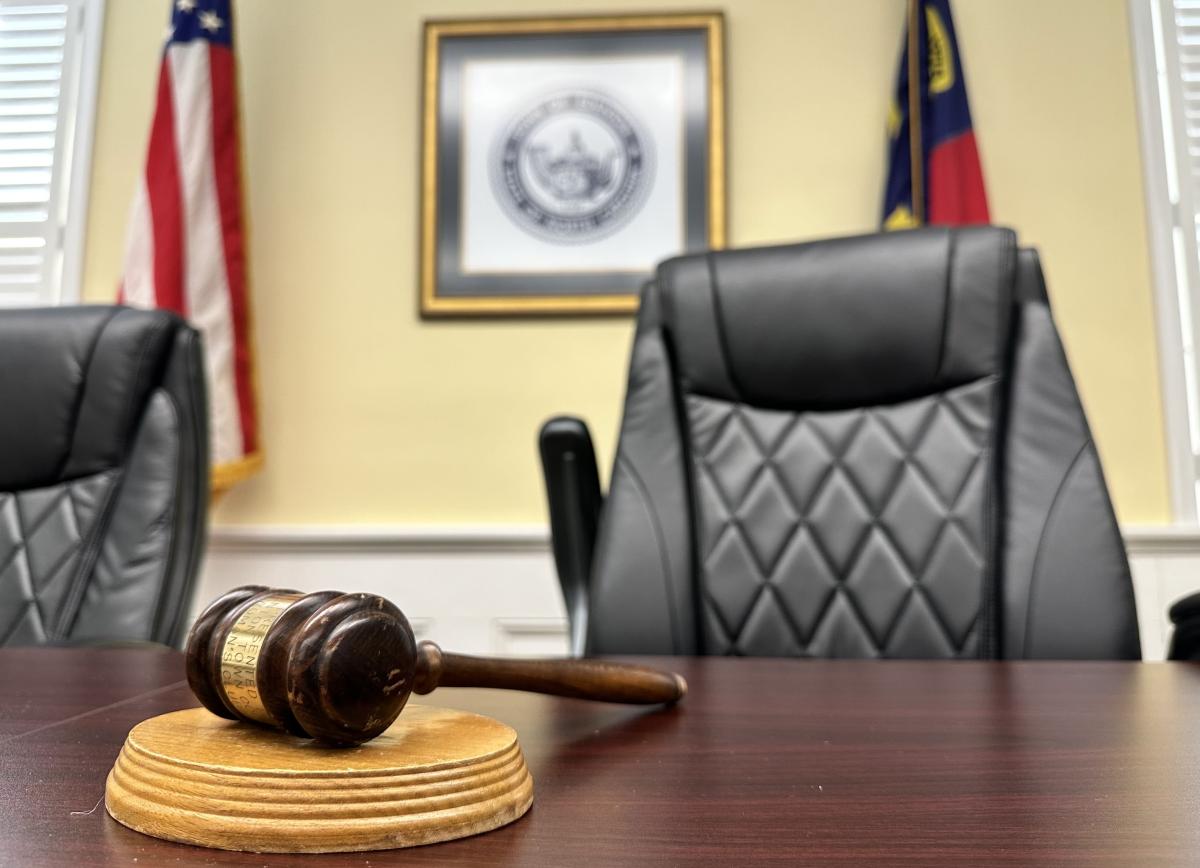
Meeting Formats
Many of you may see that we denote our Town Council meetings as "regular" or "committee," or even "special." Here's why.
Regular meetings -- held every second Tuesday monthly -- are our traditional monthly meetings. During this time, we solicit public comments as required by law, approve minutes, review items timely and important, and vote on matters forwarded from committee meetings. Sometimes, we may also hear new business, which can appear without going through a committee meeting.
Committee meetings -- held every fourth Monday monthly -- are still official council meetings, but trimmed down. We typically focus on our individual committees at this time (Administrative, Finance, Public Works, Utilities), and discuss what is being presented for attention. Then, at the consensus of the council, we forward these items considered during committee to the full council at the next regular meeting to be considered for a vote. Public comments, items considered timely and important, personal remarks, the invocation, and other hallmarks of a regular meeting are not found during committee meetings.
Special meetings -- held alongside committee meetings if needed -- are similar to regular meetings, in that we can officially vote on business items, but it is held separate from the committee meeting and usually is first on the agenda if one is scheduled. Public comments are still not allowed during this meeting, as it is not a regular meeting, although public hearings may be scheduled at this time. Sometimes, we schedule presentations from various organizations or community partners during special meetings. Other times, we present resolutions, proclamations, awards, or other acknowledgments.
Emergency meetings -- these can be called within a day -- are rare and usually occur when council receives a pressing or emergency item, such as a natural disaster briefing, personnel emergency or legal matter. Advance notice to the public may be short, but we do the best we can. These meetings are also open to the public, but typically, only the item in question is addressed.
Planning meetings -- are typically held once annually in January, and consist of a day long retreat that is open to the public, but also allows council members to discuss their goals for the year and plan for projects and ongoing issues.
Public hearings -- can be held during most forms of meetings -- are usually formal agenda items designed to gauge citizen input on a particular proposal or item. These hearings are separate from public comment periods and are strictly related to the matter being discussed.
If you ever want to know what could be considered for a vote at the next regular meeting, stop by the committee meeting prior to it. The only month we do not have a committee meeting is December, as it falls during the Christmas holiday period.
Voting
To pass an item in question, Town Council needs a majority vote. There are six members of council, so a 4-2, 5-1 or 6-0 vote would pass an item, while the opposite vote counts, 2-4, 1-5, 0-6 would cause an item to not be passed.
However, if a tie occurs, with three councilors voting in favor and three voting against, the mayor would be allowed to vote as a tiebreaker. The mayor does not typically have voting power, but would in this situation.
Council may also vote to table an item, which postpones the item for a period of time until the council is ready to take it up and hear it once more at a later meeting.
Council-Manager System
Edenton operates as a Council-Manager form of government, which means the elected leaders (Mayor and Town Council) convene to hire a Town Manager to oversee the operations of the town and implement the council's policies. The Town Manager, in this case Corey Gooden, is considered the administrative head of the town. Think of the position like the CEO, who then answers to a board of directors, who in this case would be the Town Council, and a board chairperson, who would be the Mayor.
Sometimes, Town Council may also hire a Town Clerk and a Town Attorney for additional assistance. In this case, the Town Clerk is also Corey Gooden, and the Town Attorney is Hood Ellis.
The Town Manager has full control over executive operations, employee and personnel matters, day-to-day operations and communicating with the public. All department heads (Airport, Electric, Finance, Fire, Planning, Police, Public Information, Public Works, Purchasing, and Town Hall) report to the Town Manager, who then reports to the Mayor and Town Council. Most other employees report directly to their supervisor or department head.
The public is free to, at any time, reach out to the Mayor, any member of Town Council, or the Town Manager for concerns, questions or feedback. Department heads can often receive public comments and input as well.
Further information can be found in our Code of Ordinances.
